Inflation Savings Calculator
Protect Your Income from Inflation
Argentina's 43.5% annual inflation means your money loses value every month. See how much you could save by converting pesos to stablecoins like USDC.
Your Savings Potential
Note: Stablecoins like USDC maintain value while your pesos lose purchasing power. At 43.5% inflation, your income loses 3.1% monthly. By converting to USDC, you protect your savings from inflation.
Every month, Maria gets paid 800,000 Argentine pesos. By the time she pays rent, groceries, and bus fare, she’s left with barely enough to cover next week’s milk. Five years ago, that same paycheck bought a new phone. Now, it barely buys two weeks of food. She’s not alone. In Argentina, inflation isn’t a number on a screen-it’s the quiet erosion of everything you save. That’s why, instead of putting money in a bank, Maria converts her paycheck into USDC-a digital dollar-right on her phone.
Why the Argentine Peso Can’t Be Trusted
The Argentine peso has lost more than 90% of its value since 2018. In 2023, inflation hit 211%. Even after cooling to 43.5% in May 2025, it’s still more than eight times the U.S. rate. People aren’t just losing money-they’re losing hope. Bank accounts in pesos? They’re like leaky buckets. The moment you deposit, the value drains away. The government won’t let you open a U.S. dollar account without jumping through bureaucratic hoops. And even if you could, the dollar exchange rate on the black market is wildly different from the official one. So people stopped trusting banks. They started trusting code.Stablecoins Are the New Savings Account
Argentines aren’t buying Bitcoin to get rich overnight. They’re buying stablecoins-digital coins tied to the U.S. dollar-to keep what they’ve earned. The most popular ones? Tether (USDT), USD Coin (USDC), and DAI. These aren’t speculative bets. They’re digital wallets that hold value like cash, but without the risk of peso collapse. DAI stands out because it’s not backed by a company. It’s backed by crypto collateral locked on the Ethereum blockchain. Every week, the system publishes proof that it holds enough assets to match every DAI in circulation. That transparency matters. When you buy DAI with pesos, you’re not trusting a bank-you’re trusting math and public records. Platforms like Lemon make it simple. You link your bank account. You get paid. You tap a button. Your pesos turn into USDC. You can hold it forever. Or you can spend it instantly through a Lemon Visa card that converts your USDC back to pesos at the point of sale. No need to find a black-market exchanger. No waiting days for a wire transfer. Just tap, pay, and move on.It’s Not Just About Saving-It’s About Sending Money
Many Argentines have family abroad. Parents in Spain, siblings in the U.S., cousins in Chile. Sending money home used to mean paying $30-$50 in fees and waiting 3-5 days. Now, they send USDT. In minutes, their family gets dollars in their wallet. Fees? Less than $1. No paperwork. No bank forms. No middlemen. Remittances to Argentina hit $156 billion in 2023. That’s not just cash-it’s survival. And crypto made it faster, cheaper, and more reliable than ever. People aren’t just sending money. They’re sending security.
Bitcoin? Mostly for Long-Term Holding
Bitcoin gets attention, but it’s not the daily tool. It’s the savings vault. People buy small amounts when the peso drops hard. They hold it for months or years, hoping it rises. But they don’t use it to buy coffee. Too volatile. Too slow. Too expensive to transfer. Stablecoins are the workhorse. Bitcoin is the insurance policy.Regulation Is Finally Catching Up
For years, the government ignored crypto. Then came President Javier Milei. He doesn’t just tolerate crypto-he promotes it. In March 2025, Argentina’s National Securities Commission (CNV) launched Resolution 1058/2025. For the first time, crypto exchanges, wallet providers, and trading platforms have to follow clear rules. They need licenses. They need audits. They need transparency. This isn’t about shutting crypto down. It’s about bringing it into the light. Now, companies like Binance and Lemon operate legally. People can trust them. Banks can’t. And that’s the difference.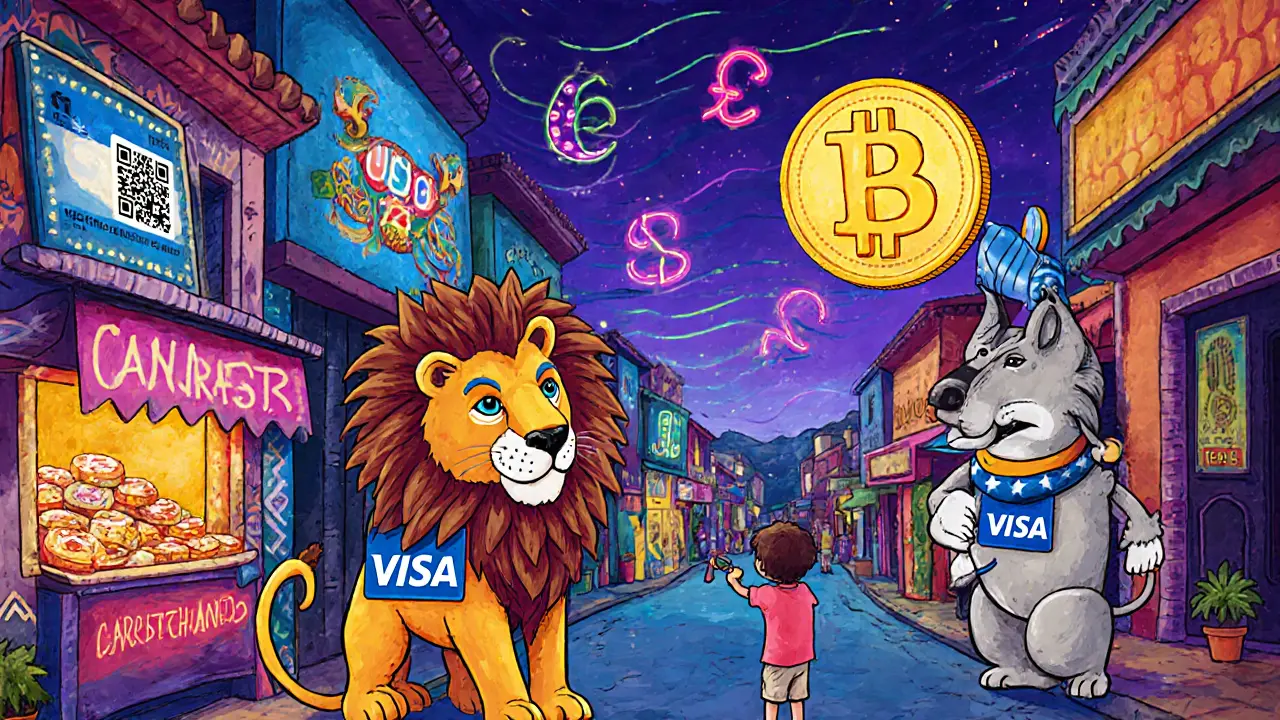
Why This Works in Argentina-And Not Everywhere
You won’t see this in Germany or Canada. Why? Because inflation there is low. People don’t need to escape their currency. But in Argentina, the peso is broken. And when a currency breaks, people find alternatives. The key ingredients? High inflation, strict capital controls, smartphone access, and a population tired of waiting for the government to fix things. Add in platforms that make crypto feel like a regular app-and suddenly, it’s not tech. It’s survival.What Happens When You Can’t Trust Your Money
Imagine waking up one day and realizing your savings can’t buy half of what it could last year. That’s the reality for millions in Argentina. They don’t have access to foreign banks. They don’t own property overseas. Their only real tool? A phone and a crypto app. This isn’t a trend. It’s a necessity. And it’s growing. In 2024, Argentina received $91.1 billion in cryptocurrency-more than any other country in Latin America. Nearly 1 in 5 Argentines owns some form of crypto. That’s not speculation. That’s a backup plan.What’s Next?
The ecosystem is expanding. Startups are building crypto-based payroll systems. Retailers are accepting USDT. Even small bakeries now offer discounts if you pay in stablecoins. The government might not have fixed inflation yet-but the people found a way to live through it. Argentina didn’t invent crypto. But it turned it into something more powerful than any government policy ever could: a practical tool for everyday survival.Why don’t Argentines just use U.S. dollars in cash?
Cash dollars are hard to get legally. The government limits how much you can buy from banks, and the black-market rate is risky and unstable. Plus, carrying large amounts of cash is dangerous. Digital dollars in USDC or USDT are safer, easier to store, and instantly transferable-no need to hide money under a mattress or risk robbery.
Is it legal to use crypto in Argentina?
Yes. Since March 2025, the National Securities Commission (CNV) officially regulates crypto platforms. Exchanges must be licensed, and users can legally buy, hold, and trade stablecoins and Bitcoin. The government doesn’t own your crypto-but it now recognizes it as a financial asset.
Can I use crypto to pay bills in Argentina?
Some companies do. Electricity, internet, and even rent payments are starting to accept USDT or USDC through platforms like Lemon and Bitso. It’s not universal yet, but it’s growing fast. Many people use crypto to buy gift cards for supermarkets, then use those cards to pay for essentials.
How do I start saving in crypto if I live in Argentina?
Download a regulated app like Lemon or Binance. Link your bank account. Deposit pesos. Buy USDC or USDT. Hold it. You can spend it later through a linked Visa card or send it abroad. No need to understand blockchain-just tap, convert, and save. Start small: even 10% of your paycheck in USDC makes a difference over time.
Are there risks to using crypto in Argentina?
Yes. If you use an unregulated platform, you could lose your money to a scam. Always use licensed apps. Also, if you hold Bitcoin, its price can swing wildly-so only use stablecoins for daily savings. Never share your private keys. And remember: crypto isn’t magic. It doesn’t stop inflation-it just gives you a way to avoid losing value to it.
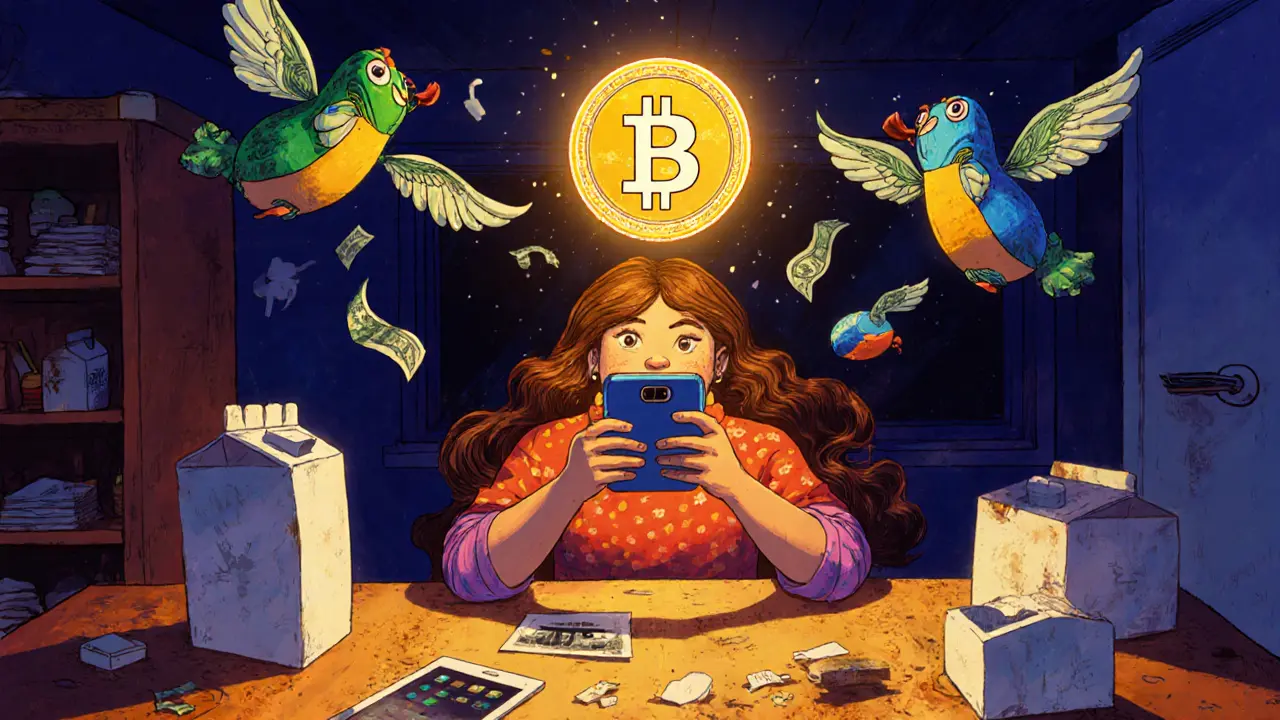

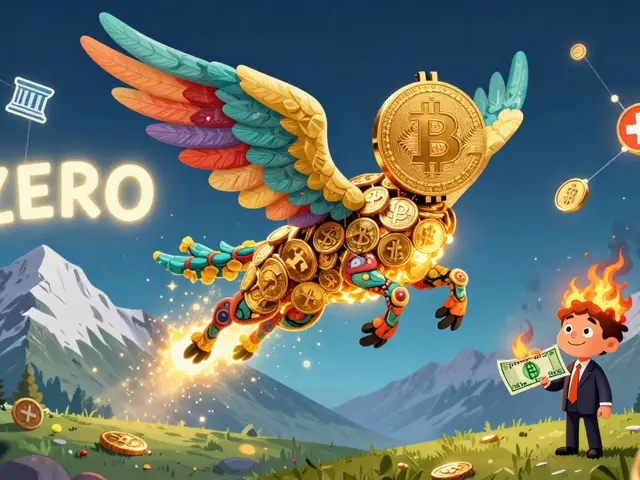

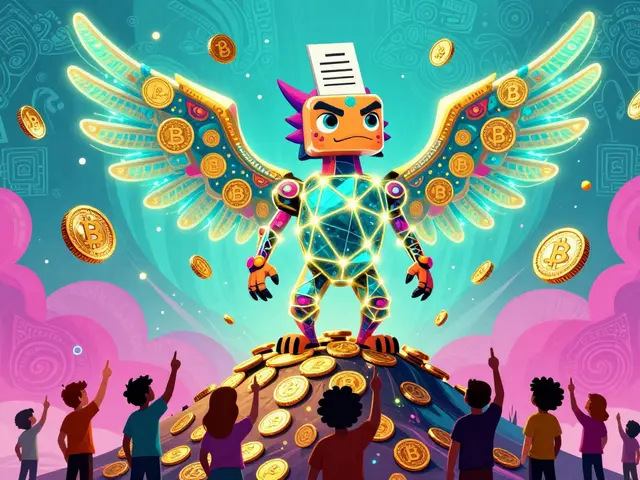
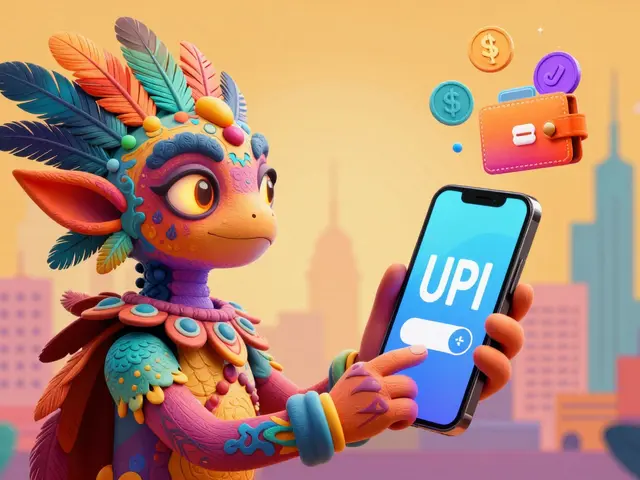





13 Comments
This is one of the most grounded, human takes on crypto I've read in years. Not about getting rich, not about blockchain hype-just people using technology to survive when the system failed them. It's not crypto as investment. It's crypto as oxygen.
I used to think stablecoins were just a niche thing for tech bros. Then I met an Argentine friend who told me her mom sends her $200 a month in USDT instead of wire transfers. It costs $0.80 and arrives in 90 seconds. I cried. This isn't finance. It's dignity.
The notion that a nation’s citizens would abandon their own currency en masse due to systemic failure is not merely economic-it is a political indictment. Argentina's experience is a cautionary tale for every central bank that confuses control with competence.
Honestly I think people are missing the point here it's not about crypto it's about trust and when you lose trust in institutions you turn to code because code doesn't lie and banks do and governments lie even more
I work in fintech and this is the most real use case I've seen. No one's talking about DeFi or NFTs here. Just people turning pesos into USDC like it's a vending machine. Simple. Clean. Effective.
Wait so if I live in the US and I send money to Argentina, can I just send USDT instead of PayPal? That sounds way easier.
I keep thinking about how this changes the meaning of 'savings.' In the U.S., we save for retirement or a house. In Argentina, saving means not starving next month. That’s not speculation-that’s resilience. I feel humbled.
so like... crypto is just the new black market dollar? lol i mean it's cool but also kinda wild that this is what survival looks like now 🤷♀️
I’ve been following this for a while. The fact that bakeries now take USDC? That’s the moment it stopped being a tech experiment and became everyday life. The most beautiful thing? No one’s asking permission. They just did it.
I can't even... I spent 10 minutes crying after reading this. My abuela used to hide pesos under her mattress. Now my cousin in Buenos Aires holds USDC on her phone. The world changed. And nobody asked the government for permission.
This case study exemplifies the convergence of monetary policy failure, technological accessibility, and grassroots innovation. The Argentine populace has demonstrated that decentralized financial instruments can serve as a functional alternative to state-backed currency under conditions of hyperinflation and capital repression.
So let me get this straight-people in Argentina are using crypto because the government is broken but we're supposed to feel bad for them? I mean if you can't manage your economy you deserve this
Argentina doesn't need a bailout. It needs a reset. And crypto just gave them one.